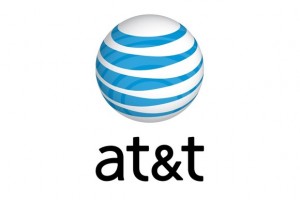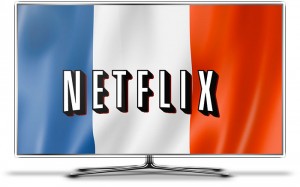Internet in the planes is already available on many flights in the United States at the moment. Telecommunication Company, such as Gogo, has contracted with Delta, Virgin and Air Canada airlines for a several years. AT&T, a giant telecom cooperation, ranking the second largest mobile-carrier, has revealed that it will stop offering 4G-LTE wireless internet service on commercial flights and is going to invest money on somewhere else. I believe there is a reason for them to quit such profitable industry, so I applied the skills I learned in class and set up a SWOT diagram.

There is definitely strength within the company since AT&T has a strong brand name as well as obtaining an extraordinary reputation. However, its rivalry Gogo is a specialist in providing in-flight Wi-Fi service. Gogo has claimed that “their internet will be faster than AT&T’s proposed solutions”. And there is a very good opportunity for AT&T to develop a new market in British airways. (Although in-flight connectivity is widely operating in the US, there is no British carrier offering such service yet.) This situation attracts AT&T Company and believing that investing money on this international business will benefit them more.


 I agree with Minnie’s point of view, but furthermore, I think the company successfully brings itself into the stage of a secure business competition. According to Porter’s generic strategies, the company is targeting on a broad market with a large buyer power. (Basically, J&J monopolizes the market with the latest potential vaccine.) J&J has access to leading scientific research and has only two rivalries at the moment. Since their company is the only operation of three that is invested with 200 million dollars, therefore threat of substitutes would not be a problem for distracting the research team and on the contrary, it enhances the research with a credible patent in return. And as a result, the expectation of such vaccine will transfer from the social value to the boost in stock value. Johnson and Johnson is a great demonstration of a shared value in terms of business development through social responsibility.
I agree with Minnie’s point of view, but furthermore, I think the company successfully brings itself into the stage of a secure business competition. According to Porter’s generic strategies, the company is targeting on a broad market with a large buyer power. (Basically, J&J monopolizes the market with the latest potential vaccine.) J&J has access to leading scientific research and has only two rivalries at the moment. Since their company is the only operation of three that is invested with 200 million dollars, therefore threat of substitutes would not be a problem for distracting the research team and on the contrary, it enhances the research with a credible patent in return. And as a result, the expectation of such vaccine will transfer from the social value to the boost in stock value. Johnson and Johnson is a great demonstration of a shared value in terms of business development through social responsibility. By noticing the trend among young generations, MEC started to re-frame the idea of remaining healthy lifestyle; instead of targeting in a general preference of the public, the organizers decided to focus on maintaining a relevant interest of young people from different cultures. For instance, MEC gives consumers a wide range of urban scenes, a varied selection of outdoor categories and provides cyclists with different seasons’ accessories.
By noticing the trend among young generations, MEC started to re-frame the idea of remaining healthy lifestyle; instead of targeting in a general preference of the public, the organizers decided to focus on maintaining a relevant interest of young people from different cultures. For instance, MEC gives consumers a wide range of urban scenes, a varied selection of outdoor categories and provides cyclists with different seasons’ accessories. The reason that why this company would have succeeded in re-labeling its brand and exploited a new path to the market is because of the correct strategy they are using towards the company. The CEO clearly identifies the company’s competitive advantage and disadvantage, and by blending the strategy of value proposition into the practice of the company, I believe that the outcome would not be disappointed at any point.
The reason that why this company would have succeeded in re-labeling its brand and exploited a new path to the market is because of the correct strategy they are using towards the company. The CEO clearly identifies the company’s competitive advantage and disadvantage, and by blending the strategy of value proposition into the practice of the company, I believe that the outcome would not be disappointed at any point.
 As
As 

